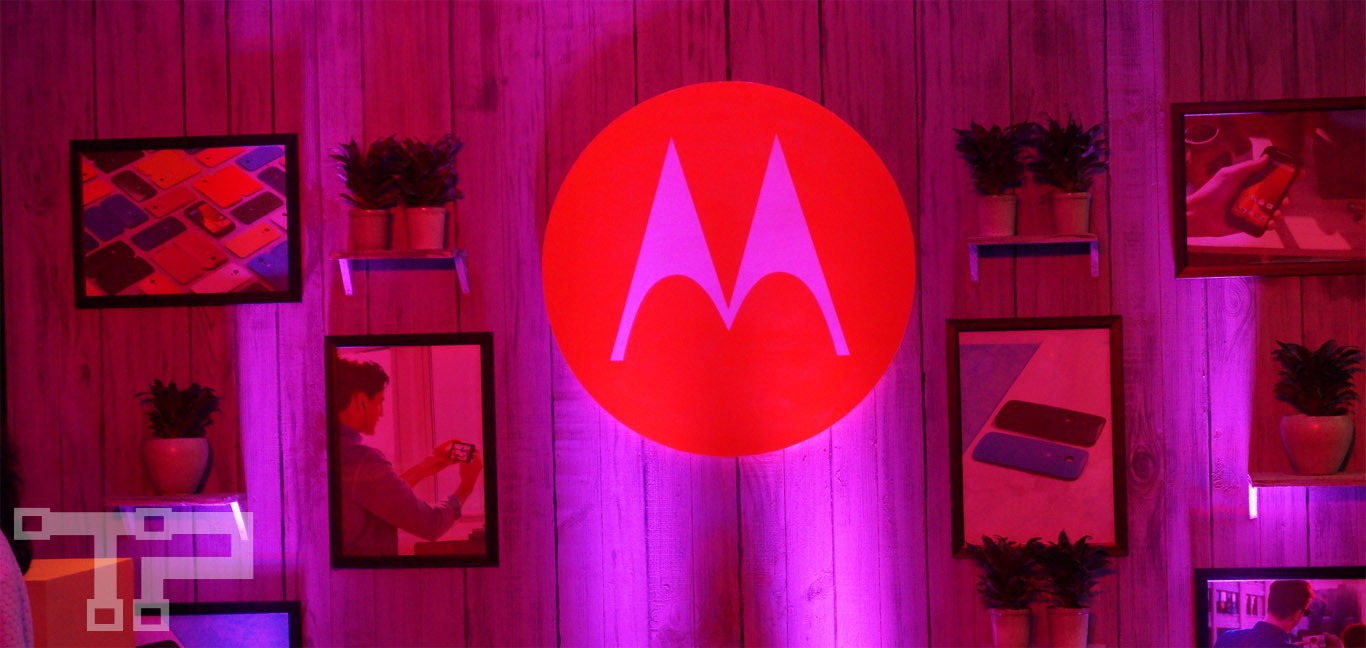Facebook’s ‘free but restricted internet service’ (that’s what they are calling it) – Free Basics, which was banned (with a slap) in India a couple of days ago, is now no longer a free platform, atleast here in India. Reliance Communications, partner of Facebook for the free basics services, has decided to make it a paid platform.
While Facebook has not issued any statements regarding this latest development, Reliance Communications’ spokesperson told ET,
To be fully compliant with the new regulations announced by Trai, RCom has already begun the process of re-configuring access to FreeBasics, from the current free regime to a chargeable one, as per the existing data plans of our customers. It will be billed as per a customer’s mobile internet or data plan. The extensive technical configurations involved will be completed in the next few days.
Hasn’t it become a habit of sorts with Reliance ? Minting money from every possible avenue they can..Well, not a business analyst here, so moving on..
Facebook has opened the Free Basics platform as a paid version across various telecom networks, not just restricting it to RCom. It is now available on regular internet usage through the networks of operators such as Bharti Airtel and Vodafone.
Facebook has been trying to provide the free, lighter-version platform across various developing nations. This new development comes as a huge setback for Facebook and Mark Zuckerberg who had been pushing for the platform, which was earlier known as internet.org.
Recently, Telecom Regulatory Authority of India (TRAI) banned telecom provider from capping differential pricing towards data services based on content. With the ruling, Facebook’s stated objective of providing a free-of-cost platform to connect millions of people who are not on the internet also received the blow.
The decision from the TRAI came after a long battle between Facebook and the country’s net neutrality advocates. The service was temporarily blocked in India last December while the TRAI considered its case.
After the temporary ban on Free Basics, Facebook started a campaign to try and win public support, reportedly spending nearly $45 million promoting Free Basics with billboards and newspaper advertisements.
The company had managed to garner around 10 lakh users for the Free Basics platform. However, Facebook had been pushing the platform aggressively over the past few months. It is said that Facebook has spent more than Rs. 300 crore on publicity after TRAI came out with a consultation paper on differential pricing in December.
Critics of Free Basics and zero-rating argue that such services creates an unfair marketplace and enables companies like Facebook get to pick and choose winners, creating incentives for customers to use certain services because they don’t consume their data. This makes it harder for smaller players to compete and quashes innovation.
Commenting after TRAI’s decision, Mark Zuckerberg, founder of Facebook, said,
While we’re disappointed with the decision, I want to personally communicate that we are committed to keep working to break down barriers to connectivity in India and around the world. Internet.org has many initiatives, and we will keep working until everyone has access to the internet.
While TRAI banned such services, it has allowed for special reduction of tariff for accessing or providing emergency services during times of public emergency. It has also ruled that if a service provider is found violating the regulation, there will be a penalty of Rs 50,000 for each day of contravention, subject to a maximum of Rs 50 Lakhs.
UPDATE :
Looks like Reliance’s plans of minting money from Free Basics were a unilateral decision. In a statement sent to us via E-mail, the company has said that it is pulling the service in its entirety, out of India.
Facebook says,
Free Basics is no longer available to people in India
Image Credit: Independent.co.uk
The Tech Portal is published by Blue Box Media Private Limited. Our investors have no influence over our reporting. Read our full Ownership and Funding Disclosure →






